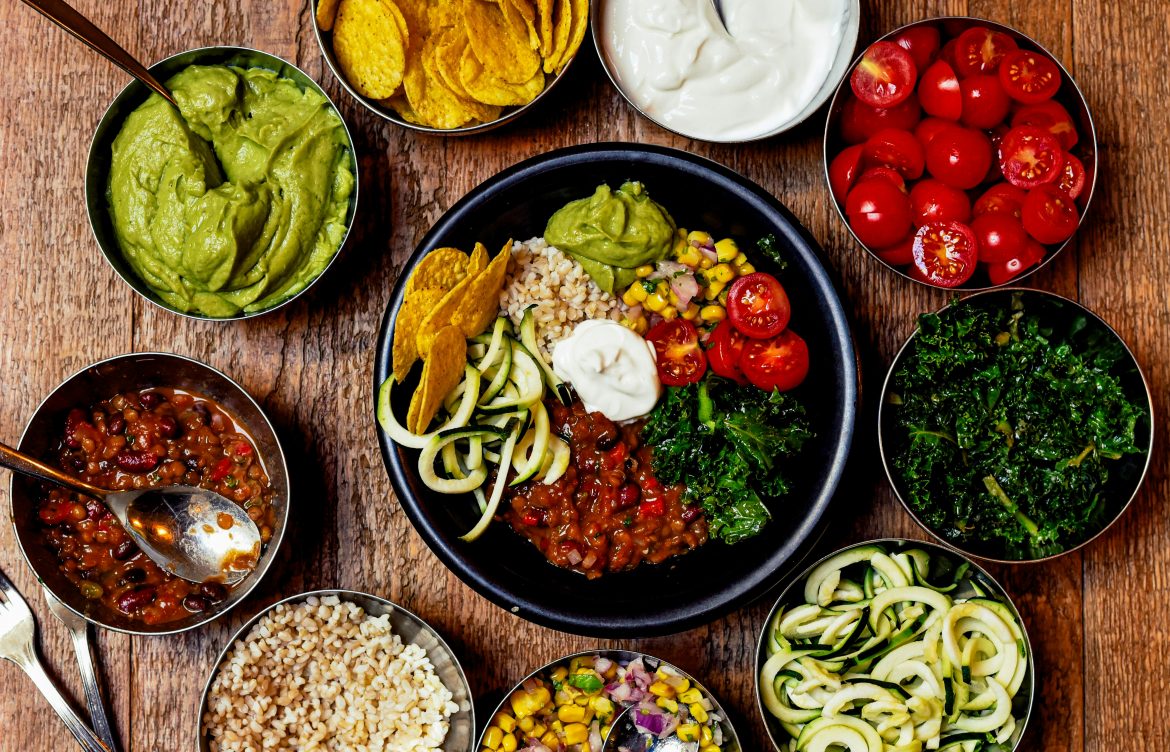
The Evolution of Vegetarian Cuisine: A Journey Through Time
Vegetarianism, once considered a niche dietary choice, has transcended cultural boundaries and emerged as a mainstream lifestyle embraced by millions worldwide.

The evolution of vegetarian food reflects not only dietary preferences but also societal, cultural, and environmental shifts over the years. Join us on a fascinating journey through time as we explore the rich history and evolution of vegetarian cuisine.

Ancient Roots
The roots of vegetarianism can be traced back to ancient civilizations such as India, Greece, and Egypt. In ancient India, the concept of ahimsa (non-violence) influenced the adoption of vegetarian diets among religious sects such as Jainism and Buddhism. Meanwhile, in Greece, the philosopher Pythagoras advocated for a meat-free diet for ethical and health reasons.
Medieval and Renaissance Period
During the medieval and Renaissance periods, vegetarianism was often associated with religious movements and philosophical beliefs. In Europe, Christian monastic orders such as the Benedictines and Cistercians practiced vegetarianism as part of their ascetic lifestyle. Additionally, the Renaissance saw a revival of interest in Greek and Roman philosophies, leading to renewed discussions about vegetarianism among scholars and intellectuals.
19th Century Enlightenment
The 19th century marked a significant turning point in the evolution of vegetarian cuisine. The rise of the Enlightenment movement in Europe brought about increased awareness of animal welfare, health, and environmental concerns. Influential figures such as Percy Bysshe Shelley, George Bernard Shaw, and Leo Tolstoy advocated for vegetarianism as a moral imperative.
Industrial Revolution and Vegetarianism
The Industrial Revolution brought about profound changes in food production and distribution. As urbanization increased and factory farming became prevalent, concerns about the ethical treatment of animals and the environmental impact of meat consumption grew. Vegetarianism gained momentum as a response to these concerns, with vegetarian societies and organizations emerging to promote plant-based diets.
20th Century and Beyond
The 20th century witnessed the mainstreaming of vegetarianism, fueled by growing awareness of health benefits, animal rights activism, and environmental sustainability. Innovations in food technology led to the development of meat alternatives such as tofu, tempeh, and seitan, expanding the culinary possibilities for vegetarians. Additionally, cultural exchange and globalization contributed to the fusion of vegetarian cuisines from around the world, creating a diverse array of plant-based dishes.
Modern Trends
In the 21st century, vegetarianism continues to evolve in response to changing dietary preferences, culinary trends, and ethical considerations. The rise of veganism, a stricter form of vegetarianism that excludes all animal products, reflects a growing commitment to animal rights and environmental sustainability. Plant-based diets are increasingly recognized for their health benefits, with celebrities, athletes, and health experts endorsing vegetarian lifestyles.
The evolution of vegetarian cuisine is a testament to the enduring appeal of plant-based diets across different cultures and time periods. From ancient traditions rooted in religious and philosophical beliefs to modern movements driven by ethical, health, and environmental concerns, vegetarianism has come a long way. As we look to the future, the continued innovation and adaptation of vegetarian cuisine promise to inspire new generations to embrace the power of plants for a healthier planet and a brighter future.